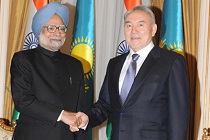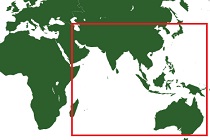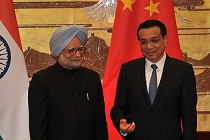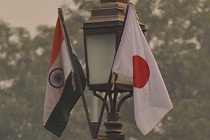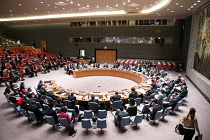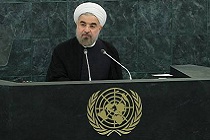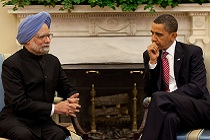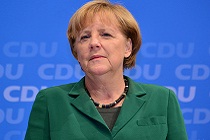India-Kazakhstan relations: Challenges and opportunities
The current political, strategic and economic scenarios, both regionally and internationally, present immense potential for India and Kazakhstan to enhance their engagement, qualitatively and quantitatively. Why must New Delhi and Astana forge stronger and deeper relations with each other?

